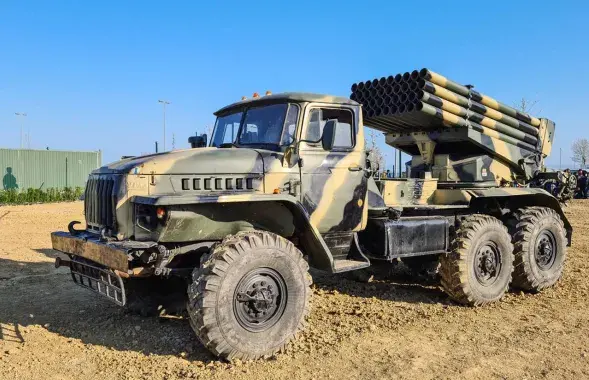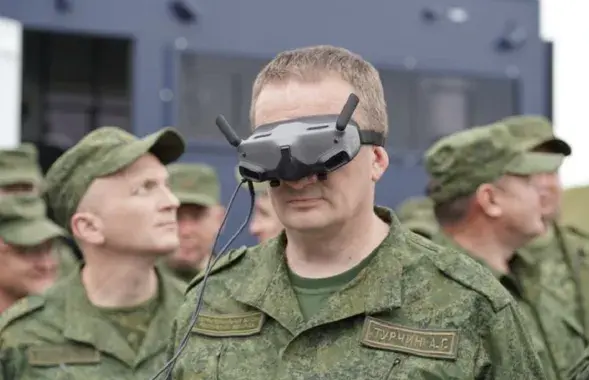Alexander Feduta: Democracy arrives, when there is no money
The whole thing began during the Minsk Forum which recently took place in the Belarusian capital. Piatro Sadouski, Belarus's first ambassador in Germany, took the floor and asked attending head of the presidential administration Uladzimir Makei:
"When will we be able to buy Narodnaya Volya in Belarusian newsstands”?
Makei's answer was rather vague: "Positive steps will also be made at the media market". He seems to have kept his word.
Narodnaya Volya was returning to kiosks very slowly, lagging behind the statements of officials from the Office of the President. Early this week, Uladzimir Yancheuski, a presidential aide in charge of ideology, made a sensational statement, disseminated by the Interfax news agency:
Narodnaya Volya and Nasha Niva newspapers have returned to the state-run national distribution syste. Even last week, they appeared in newsstands".
In fact, these two newspapers were not on sale in kiosks at that moment. Meanwhile, the words of the official were reprinted by numerous Russian and Ukrainian news agencies.
Mr Yancheuski's fantasies took Nasha Niva by surprise in the article titled "Yancheuski and Interfax Found NN and Narodnaya Volya in Kiosks"
“Possiblly in a couple of months or years, you, dear readers, will have a chance to find our newspapers in kiosks. As of November 24, no distribution agreement was signed with either Nasha Niva and Narodnaya Volya”.
It is worth noting that Narodnaya Volya appeared in kiosks only on November 27. By the way, kioskers have forgottent about this newspapers for three years of absence in the official distribution system.
Political analyst Alexander Feduta made an interesting comment regarding the return of the newspapers to the official distribution network in his interview with BBC. He said that the newspapers were allowed to return because they posed no threat to the existing authorities:
“The editors who once lost an opportunity to print and distribute their newspapers legally in Belarus will not be very careful so that they do not end up out of the market again. Just recall what was happening in the Soviet Union when oil prices plummeted. Approximately the same is taking place here: democracy comes when there is no money”.
Volha Abramava, often described as "president's favorite oppositionist", reckons that the authorities had been preparing for this step. They had allegedly banned the distribution of newspaper so that they have leverage in the political trade.
Photo: photo.bymedia.net



















